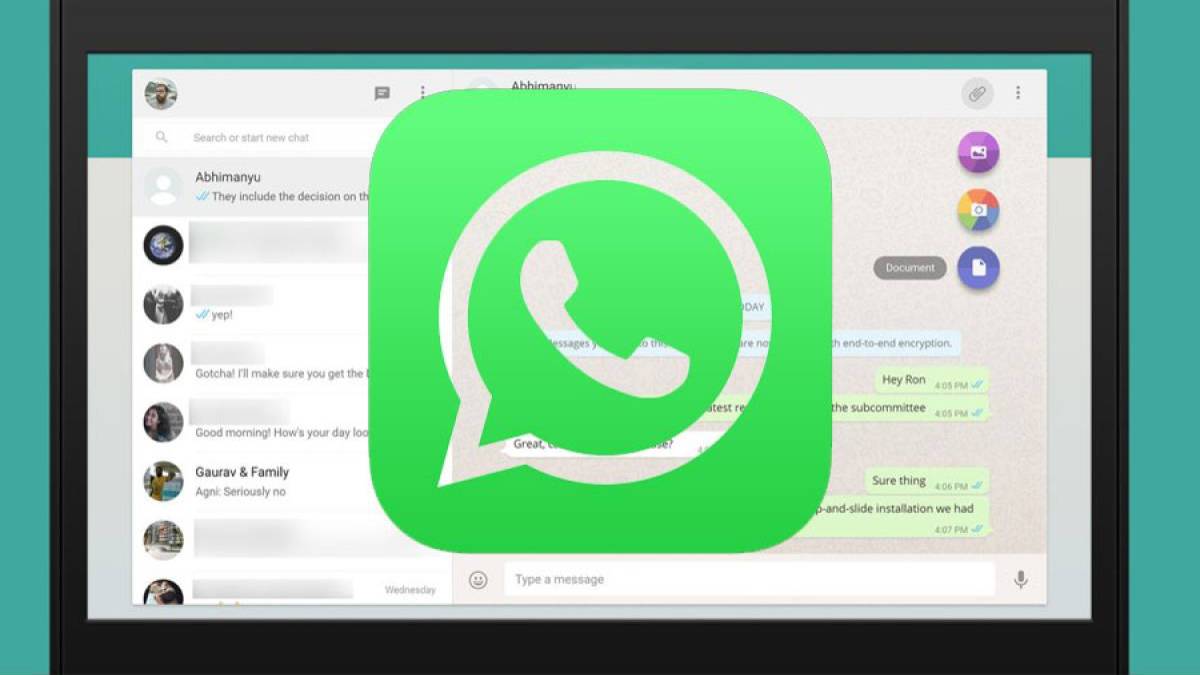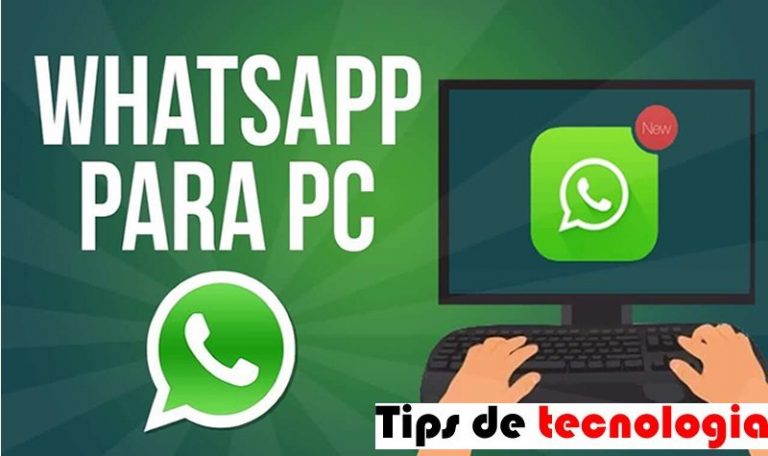

And it has helped boost Facebook’s stock roughly 150 percent since July.īut with a new crop of smartphone applications threatening to eat into Facebook’s audience, worrying signs of waning interest amongst younger users - which the WhatsApp acquisition may help address - and a tech landscape evolving more rapidly than ever before, Facebook can’t afford to fall behind again. Zuckerberg’s progress so far on mobile has positioned the company to take advantage of the fast-growing markets. Zuckerberg’s keynote at 17:00 GMT is expected to focus on Facebook’s efforts to make wireless Internet access easier and more affordable in developing countries.įacebook’s purchase of WhatsApp is its latest move to transform a platform and company born on the PC into a full-fledged network for a mobile generation. Zuckerberg and WhatsApp co-founder Jan Koum are likely to cast themselves as partners not foes of the industry in their appearances at Mobile World Congress on Monday. Research group Ovum said telcos lost $32 billion in text revenue last year and will lose $54 billion by 2016.

WhatsApp and its fellow messaging apps, including China’s WeChat and Israel’s Viber, have punched a hole in operators’ sales by offering a free alternative to text messages, a $120 billion market for operators. It’s a twist that is sure to have some telecom bosses in Barcelona gritting their teeth. Now, Zuckerberg’s purchase of WhatsApp - while raising eyebrows with the hefty price paid for a company that boasts 450 million users but has little revenue - places Facebook at the heart of smartphone communications.

It gets a huge chunk of ad revenue on world-wide users of smartphones and tablets, from virtually nothing several years ago. Just 18 months after appearing at risk of getting crushed by the swelling mobile wave, the No. Facebook CEO Mark Zuckerberg smiles in an onstage interview for the Atlantic Magazine in Washington, September 18, 2013.


 0 kommentar(er)
0 kommentar(er)
